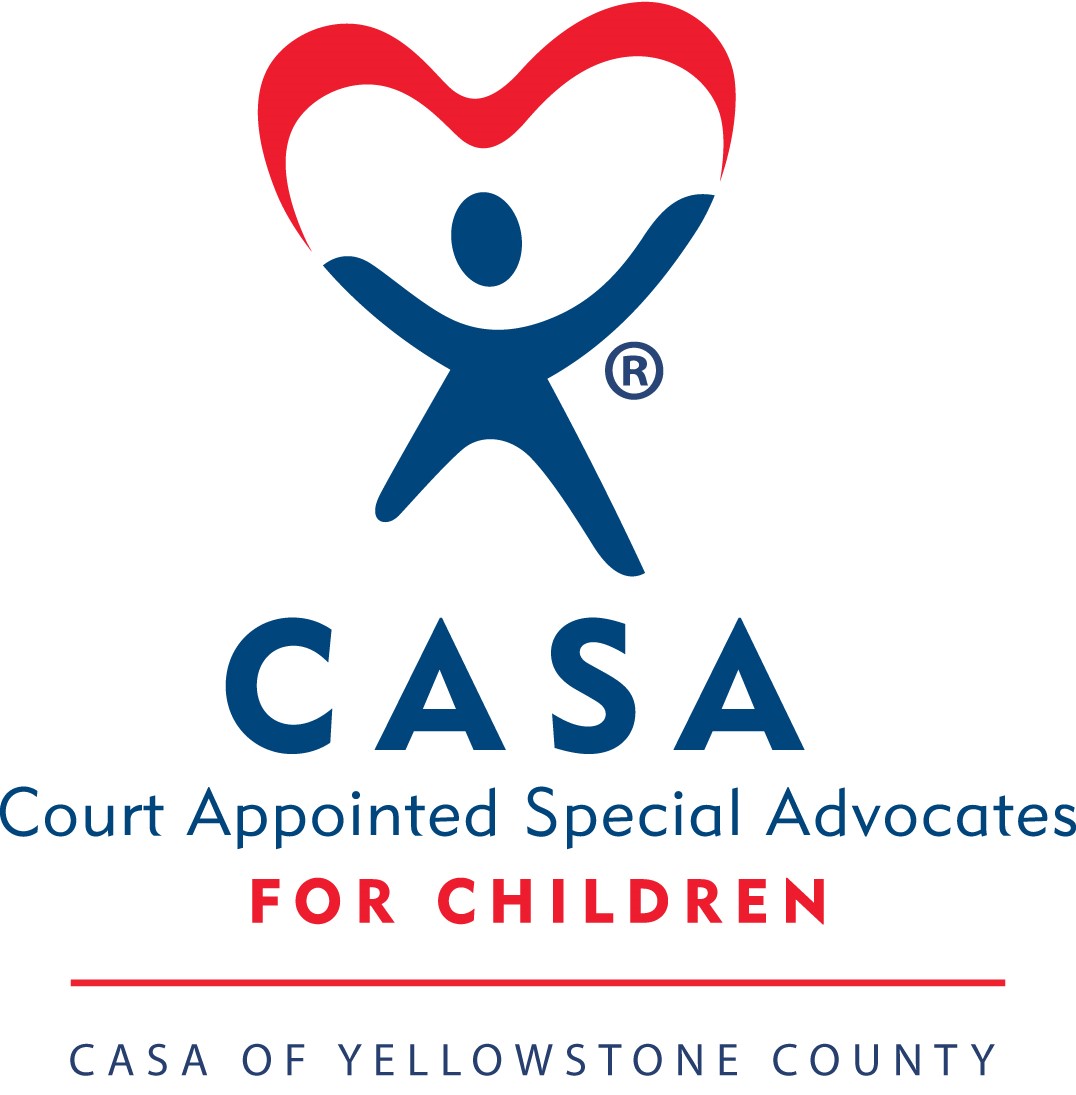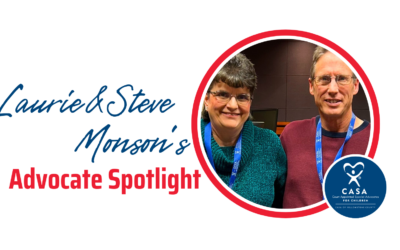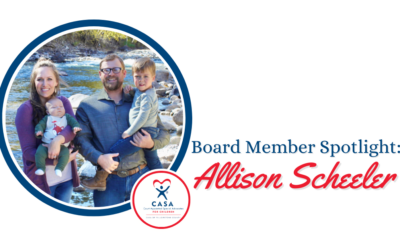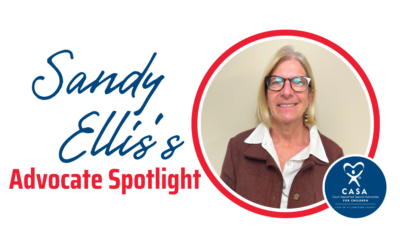 When children are removed from their homes due to abuse or neglect, they are often being removed along with siblings. It is estimated that over half of children in foster care have a sibling who is also in care. Being removed from parents or caregivers as a child can be very traumatic. But when children are also separated from siblings and placed into separate foster homes, this can compound that trauma even further. Unfortunately, there are many obstacles that can stand in the way of placing siblings together when they go into care. Here are some of the barriers to consider when thinking of siblings in the foster system.
When children are removed from their homes due to abuse or neglect, they are often being removed along with siblings. It is estimated that over half of children in foster care have a sibling who is also in care. Being removed from parents or caregivers as a child can be very traumatic. But when children are also separated from siblings and placed into separate foster homes, this can compound that trauma even further. Unfortunately, there are many obstacles that can stand in the way of placing siblings together when they go into care. Here are some of the barriers to consider when thinking of siblings in the foster system.
- Size of Sibling Group. The size of a sibling group can be a challenge when trying to place children together in foster homes. Often, foster homes have additional children and may not have enough space for an entire group of siblings. Foster licensing may also be an issue if a home is not licensed for large groups of children. Sibling groups may end up being split into small numbers and divided among several foster homes.
- Age gaps between siblings. A wide age gap or age range in a sibling group could make it difficult to place siblings all together. Often, foster homes and placement options will only be licensed for certain ages or services and may not be able to take children from a wide age range.
- Blended families. Sibling groups frequently come from blended families which could include half-siblings or step siblings, all of whom may have their own sets of parents, grandparents, extended family and fictive kin (i.e. family friends who are close enough to be family but are not blood-related). The challenges of placing blended sibling groups together in foster care or kinship care may be due to a placement being unable, or unwilling, to foster the entire group together. Several children may be placed with a grandma or an aunt on one side of the family, while another child may be placed with a non-offending parent or family friend on another side.
 Differences in the needs of siblings. A child may have different needs than their brothers and sisters. The needs of each child in a family could vary, with one sibling needing a higher level of care than another. And if one or more of the children has a disability or special need, it can be difficult to find a placement that can accommodate that disability or need and still take on the other siblings.
Differences in the needs of siblings. A child may have different needs than their brothers and sisters. The needs of each child in a family could vary, with one sibling needing a higher level of care than another. And if one or more of the children has a disability or special need, it can be difficult to find a placement that can accommodate that disability or need and still take on the other siblings.- Behavioral issues. If one child is struggling with behavioral issues due to the abuse or neglect they have experienced, certain placements may be better equipped to handle that behavior over others. Furthermore, children who come from homes where abuse or neglect was present may unknowingly trigger each other’s trauma or pose a safety risk to one another, and may need to be separated to ensure the safety of each sibling.
How CASAs can help
Ultimately, the circumstances of children being placed together in foster care will depend on the situation. Court Appointed Special Advocates can play an important role in helping to keep siblings in foster care together, or at the very least, connected. When a CASA is appointed to a case by a judge, the CASA will most likely take an entire sibling group, and these children can be from a wide range of ages and backgrounds. The CASA can evaluate the best interests of each child on the case and — circumstances permitting — can advocate for them to be placed into the same home. If it’s not possible to place all the children together in one home, the CASA can help ensure that they are staying connected by facilitating communication between siblings and their current foster homes, and advocating for frequent visits. The CASA can pass notes and messages between siblings and help keep them all updated as much as practicable on the status of their brothers and sisters. Although maintaining a sibling bond can certainly be challenging for children in foster care, it can play a huge role in the long-term well-being of children and should not be overlooked when working toward the best interests of children.
“Your siblings are the only people in the world who know what it’s like to have been brought up the way you were.”
-Betsy Z. Cohen
Emily Gaudreau is the Administrative Assistant for CASA of Yellowstone County.






